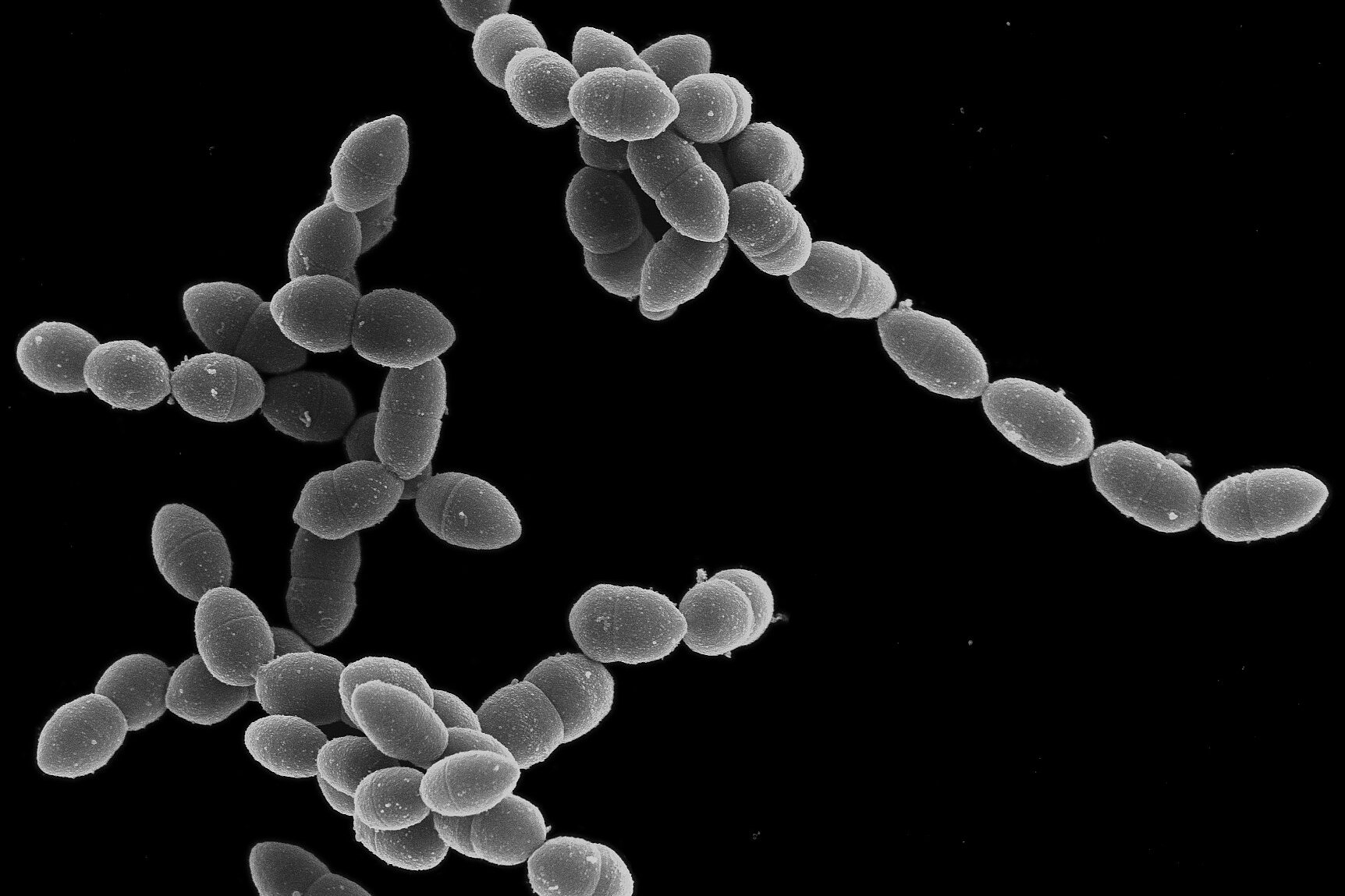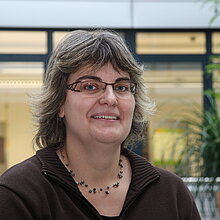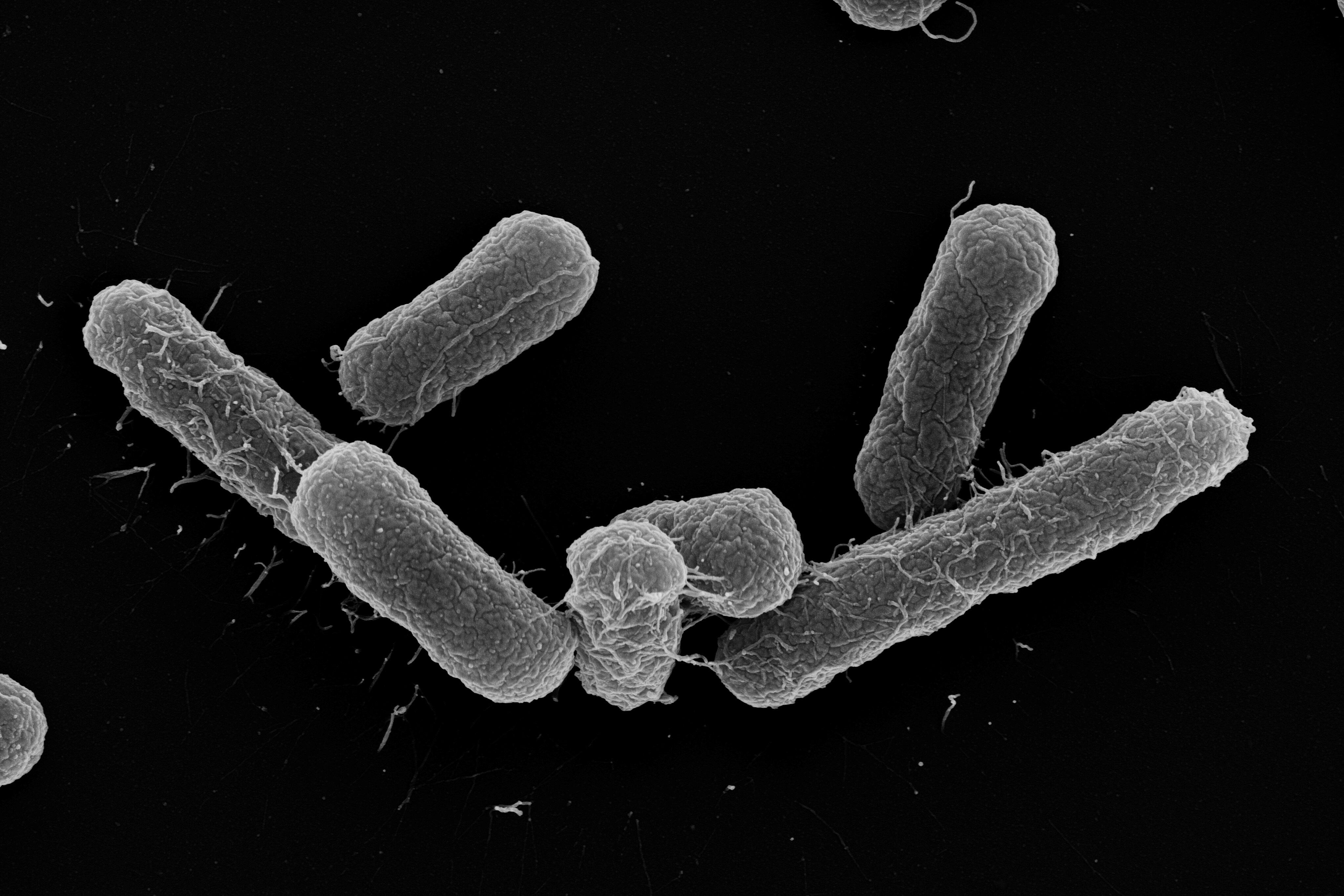Search
Displaying results 1 to 9 of 1590.


Dr Christopher Lambert
Postdoc
Microbial Drugs
HZI Campus

Ruth Benavente Naranjo
PhD Student
Molecular Cell Biology
HZI Campus

Julia Mann
Cell Biology
Nano Infection Biology
Immune Signaling
Nano Infection Biology
Immune Signaling
HZI Campus

Sabine Schiller
Secretary
Molecular Bacteriology
HZI Campus,
TWINCORE

Katja Mummenbrauer
Technical Assistant
Molecular Cell Biology
HZI Campus

Sijian Hu
PhD Student
Molecular Cell Biology
HZI Campus

Anja Kobold
Technical Assistant
Cell Biology
HZI Campus
